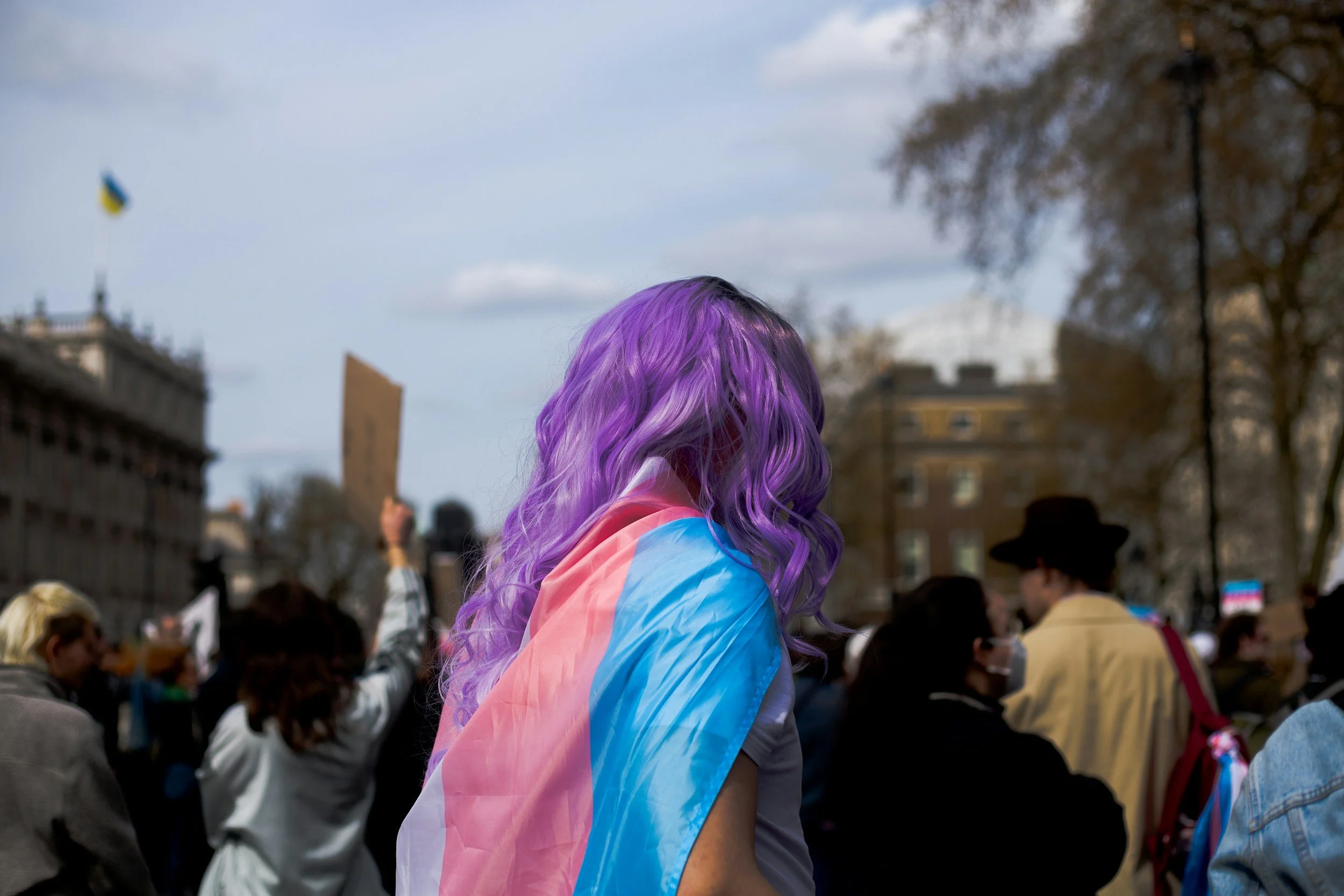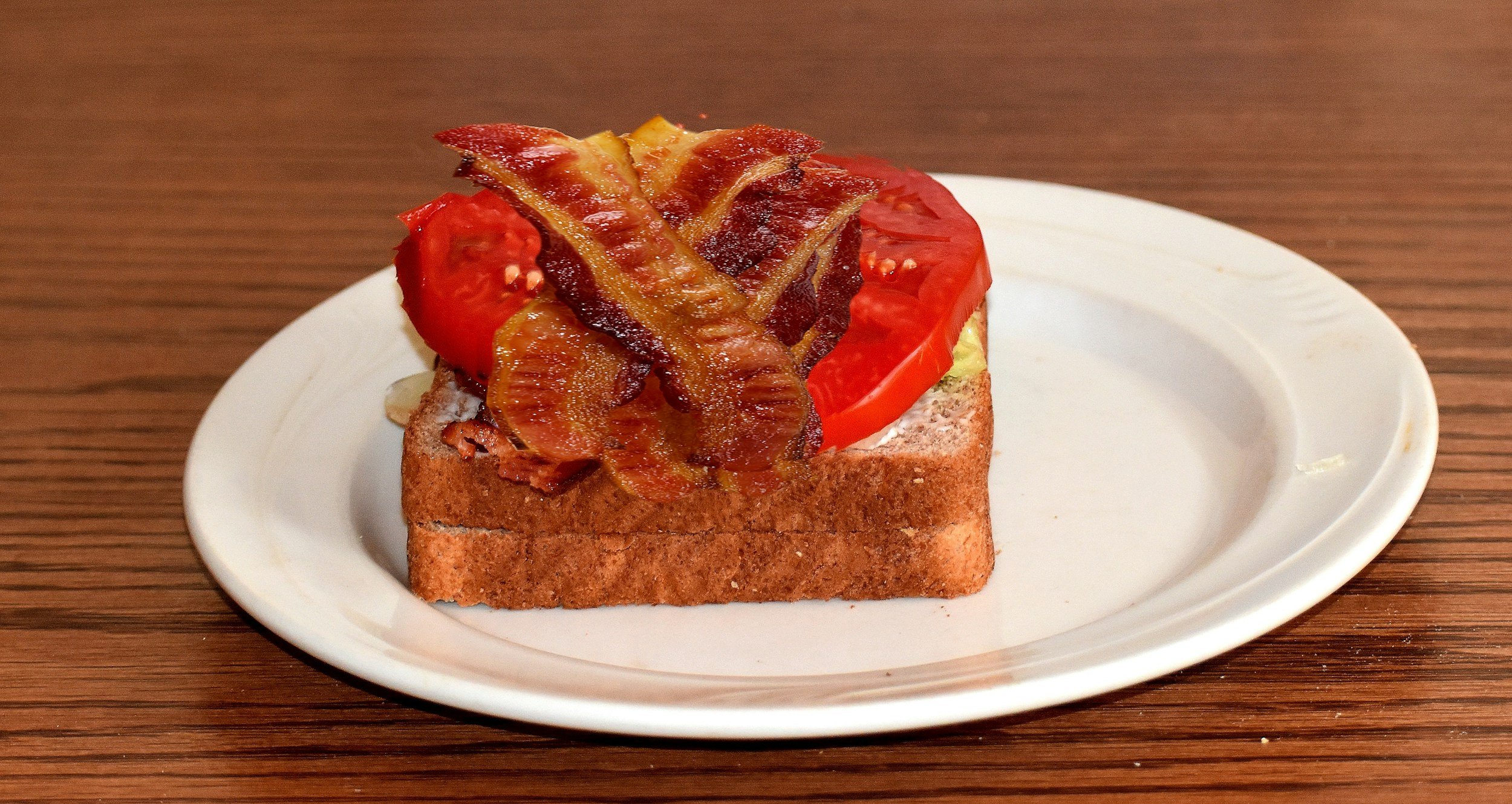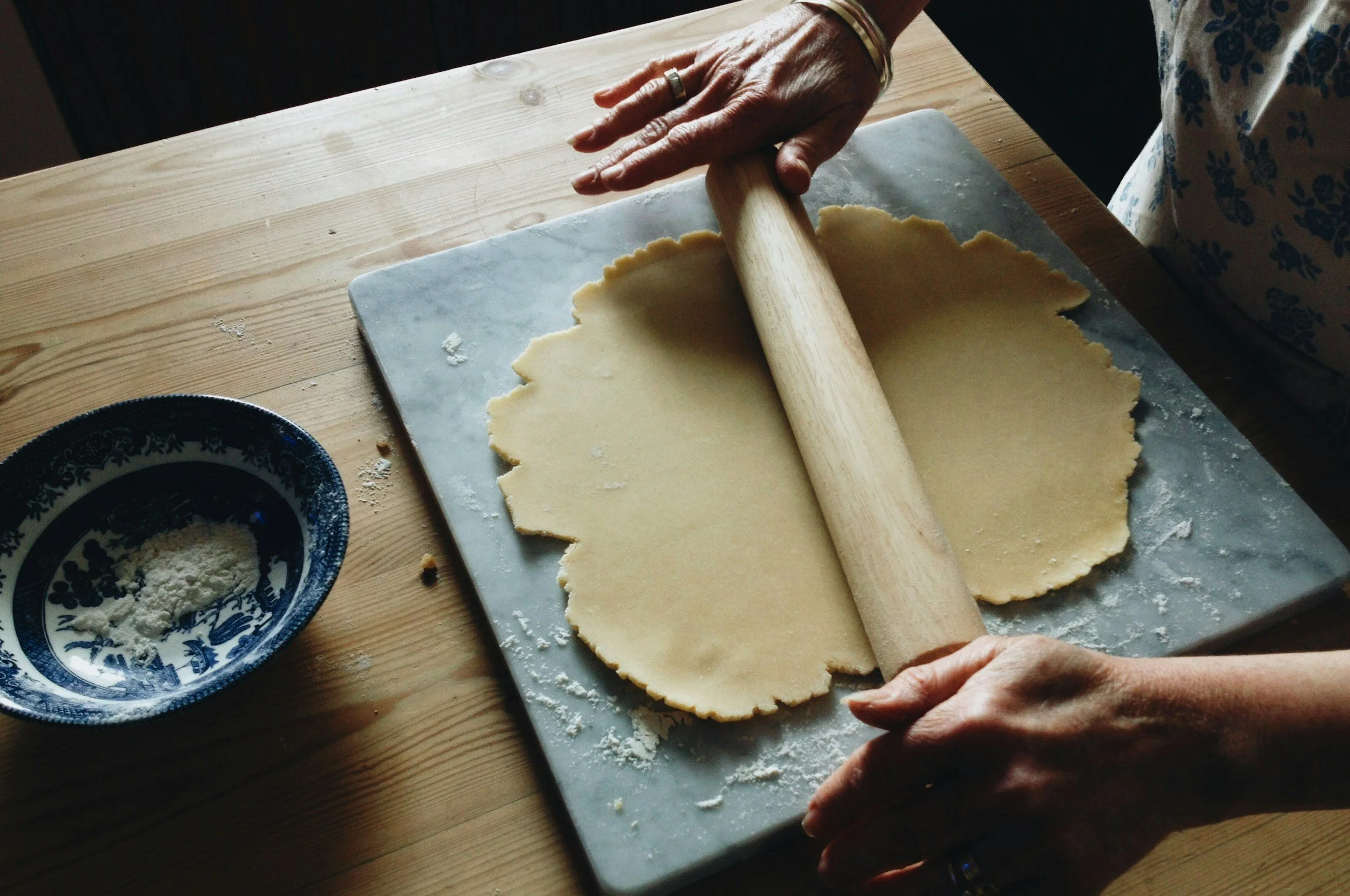An Uprooting
“Did she really say that?” I was shocked, yet I wasn’t. There was a strange quality to my awareness those days, like the water coming to shore and retreating again. I was listening to myself through insubstantial headphones, muted and tilted slightly.
My mama nodded. She kept tinkering about the kitchen, pressing the button on the coffee machine and side-stepping back to the sink. I watched her in silence for long moments, dangling my feet from the bar stool with the nervous energy that took hold of me while I was mulling over my grandmother’s statement.
Eventually, I blew out a breath. A sigh. I hadn't expected anything else, but at the same time, I had hoped for more. Wished for more, against what I knew to be true. Not at all in line with common sense—it is after all considered madness to do the same and expect a different outcome.
“Well,” I said. “Like usual.” Or something along those lines.
Mama shrugged. Perhaps it was grim acceptance on her part. She was well aware of the truth behind the facade my grandmother and, by extension, mama’s whole side of my family liked to put on towards the outside. She had dealt with it longer than I had, and Mama never had the luxury of a champion on her side, fighting battles of fierce protection.
The conversation morphed into something more central to our lives right then: The aftermath. All the things that needed to be organized for my dad’s funeral. And what we needed to reassemble our lives from here on out. And that was that.
I freely admit that I might remember things a bit out of order. At the time, I was adjusting to a reality I couldn’t fully accept yet. But I firmly believe I’m recounting this in a way that makes my grandmother seem kinder. In this version, she at least cared enough to speak to us. So that’s the way I’m choosing to remember this.
We went to visit my grandmother for the first time in years probably. The contact between us had always been strained, waning until I was old enough to refuse to call her just for the sake of a birthday. My mama had always insisted on it when I was younger because apparently, that’s what people do. It’s what family means. I disagreed and what had been left of our bond had fizzled out quickly since I’d moved out.
My defiance was part of it, sure. But she had broken the unspoken rule of family first. With her coldness towards my brother and me, it was apparent that we were the least favorite among the cousins. Never invited to stay the night like the others or even to come over for half a day without my mama to “keep us at bay.”
But it started in more fundamental ways of human disrespect than that. It was in the way my grandmother would ask how I was and then interrupt me halfway through the second sentence. She was only being polite, but my younger self kept foolishly thinking that she cared for me longer than I want to admit.
Going to my grandmother’s house was like stepping into a vignette of my childhood.
I used to climb these flat steps as a child. The garden to my right had more trees and berry bushes then. We used to eat from those bushes whenever we got hungry while playing outside. It’s still a bit of a slope. Just enough to do sleigh races with a dangerous stop just before the wooden fencing.
The stone underneath my feet had changed. As had the color of the house. It was newer, more brilliantly white now. The old shed was the same—probably as unused now as it was then. I was familiar with this wooden door, and the steps leading up to it.
Grandmother used to live in the downstairs flat of the house that she and grandpa had built before he died. But that had been years and years ago. So far in the past that I couldn’t recall the layout if I tried.
Even if I had clearer memories of those early visits at my grandmother’s, I couldn’t trust them to be more than a made-up reality from all the stories my mama had finally told me in recent years. Admissions of injustices done to both her, my father, my brother, and me. They’d overlapped, bending real memories through the stories she’d woven. Her lens.
Some stories, she’d held back all my life because she didn’t want to make my grandmother seem crueler to me than she already did.
When we went to visit her that time early in 2019, my grandmother met us at the door of the upstairs flat in a friendly enough manner and showed us to the new dining room. It had windows on all sides, which she said she didn’t need. My uncle had insisted on them. She said she was too old and would die soon anyway.
We protested that latter sentiment half-heartedly. (Or perhaps with no heart at all and certainly not with conviction on my part).
Then, we talked about all these people, these distant relatives I knew nothing about. An uprooting by my grandmother’s design. It was like we were looking through this storybook about fairy tale characters that were real but were actually distant blood and more distant water—they were strangers to me. All of them. My grandmother first and foremost.
And she didn’t mention my dad. Not even with a single breath. No, “I’m sorry for your loss.” Not even a token attempt. It really seemed that the thing she’d told my mother over the phone, the one that we had been shocked yet were expecting was the last of it for her.
Perhaps it was a form of gentle mercy in her eyes that she paved the way for us to move on from this gaping wound in our reality. She was, after all, drying our tears and making sure we knew that she and the rest of the world would expect us to move on soon enough. We ought to be grateful.
Thanks for nothing, was what I thought.
It wasn’t surprising, so why did it hurt nonetheless? How did she have this grip on something in me that I had long since cut free from the papery vines and the hand-spun strings?
Even removing people’s hooks in you leaves holes. But your roots? They pierce your spine, they grow with you. Their withering is always painful, it’s such a slow process. Removing roots takes bits and pieces of you that you aren’t willing to part with.
I have seen what they are supposed to be like. Omas. In books. In movies. In video games. Observing many of my friends. I yearned for her to be a strong enough base for our family tree to allow me to weather any cold winds up in the branches. But whatever she was, that wasn’t it.
My father’s mother was better only in fractions, being a ghost in my life throughout the year that only came back to tell us about Christmas presents every year. By the end, she was already sick enough that we never told her about my dad’s death. She hadn’t been in my life enough for me to feel bad about lying to her.
But my more present grandmother still managed to make me feel even less like I belonged. My connection to the tight-knit rural community, the feeling of being at home among my blood family was only some kind of dream that had never been reality. And the only thing that remained for me was the lacking belief in my own worthiness as I felt like an outsider punished for an unknown crime.
I only realized my grandmother didn’t ever hug me ‘hello’ or ‘goodbye’ or ‘I’m glad you’re here’ when I tried to write down who she was to me. That was the final snap to the root feeding this already withering plant. I’m not sad anymore, not like I was back then at her kitchen table.
But even more than sadness, I felt anger.
It was this anger that decided the shape of the words in my mouth when my grandmother, my mother and I talked about the past. My mama had tried to melt my anger into something softer because of the complexities of mother-daughter relationships and how she could never completely free herself from it. But I didn’t feel soft, didn’t feel like mercy towards this person that was my grandmother only in name.
“He hadn’t come around for a while,” my grandmother said like an accusation. “Even before you got the divorce.”
Because he didn’t like the way, you spoke to him. Or to us. My mum gave me a look. She wasn’t the kind to strike a match like this. Neither of us would have been if it hadn’t been the week after my dad died.
“You didn’t like him around,” my mum said, unlike herself.
“Well, yes. But he still should have made more of an effort,” my grandmother spoke about the dead like they were only a sum of their failures. But she spoke that way about the living too.
It didn’t matter whether she addressed the memory of my Papa, her own daughter, or me. I’m my parents’ daughter—in looks, mentality, and heart. I’m sure now this was why I was singled out as much as I was. But when my world was rattled to its core, I found the beginnings of my backbone.
“I just wish you’d treated me differently,” the words were white-hot in my mouth. I hated that my eyes pricked at them. But I’d grown resilient. I could swallow the twin emotion countering my rage. It would remain save in the back of my throat.
“I never treated you differently than everyone else.”
But she did. She did.
My mama’s gentle reminders became a heavy weight on one side of the scale between staying silent and speaking my truth: My grandmother was old and we were supposed to be gentle because of it. A broken record I heard on every car ride home. But I was learning to love myself, to protect that girl inside my chest—and I couldn’t do that to her. Not any longer. I would not.
My form of protecting that girl came in the form of silence anyway because that’s how it needed to be in order for me to find an end to the desperate replanting of grandmother’s and my relationship.
Do you know how sometimes, if you have to tell someone that you would have wished for them to say “thank you” or “I’m sorry” or any other phrase, it becomes worthless even if they say it? This moment was just like that. (I still would have taken the words alone, without the feeling, and called it “resolution.” But I didn’t get even that).
“See you soon,” my Mama’s mother said when she bid us goodbye at the door only a few awkward minutes later. Not with hugs, not with handshakes. Instead, we got a little nod.
She’d hammered the last nail into her own coffin with a single phone call. Just a string of words. They were really just the last drop into a vessel that had long since been overflowing. (Cracking, slowly, and then all over. Bursting. The stupid water of the womb spilled all over the floor).
Well. He did die rather quickly now, didn't he?
-Stefka Spiegel
Stefka has lived in various corners of Southern Germany and currently calls Munich her home base. She is a storyteller at heart and is known to randomly respond to chat messages with little story snippets. By day, Stefka is a UX writer with experience in creating copy for websites and apps She has also worked on texts for TV, radio and online publications. In her free time, she organizes the 100wordproject and leads meetings for Shut Up & Write!® Munich. Currently, she’s working on her first novel featuring ghosts and a lot of expectations.




















